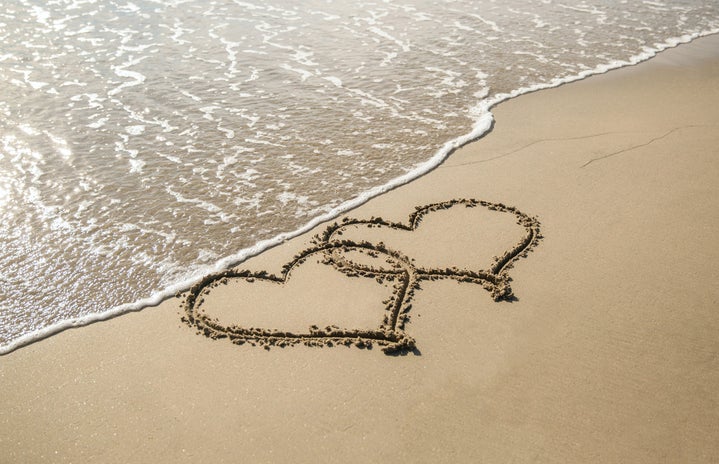Sometimes, it feels like we’re constantly bombarded by tweets or shows that emphasize the importance of cutting toxic people out of our lives. I won’t lie. I was one of those people who’d go “I’m not afraid to cut people out like that” (insert asshole-ish snipping motion).
See, for me, I’ve always liked the idea of getting rid of things or people that hurt me or made me unhappy. As someone whose had multiple familial relationships that were unhealthy and detrimental to my emotional wellbeing as a teenager, having someone reinforce the idea that the decisions I made while young were valid, helped me in starting to process emotions I hadn’t dealt with almost a decade later.
When it comes to family members, it can be especially empowering and soul-crushing to make this kind of major decision. Cutting off my father was one of the hardest things I’ve ever done. He had a long history of drug addiction that was only getting worse, and I could no longer fight against his addictions to try and be a priority in his life.
It’s a strange feeling when you say goodbye to someone for the last time, knowing very well that you might never see them again. There’s this immediate sense of relief in knowing that you’re, at the very least, on a path to improvement and in some ways recovery.
And yet, there’s always a sort of anxiety and sense of loss looming, something that never really goes away. It sounds selfish, but it’s easy to focus on the things you’re going to miss out on – my parent will never see me graduate college, my parent won’t be at my wedding, my future child won’t have this grandparent; or the things that you can’t control – “what if he dies and no one tells me?” (This one ended up coming half-way true when I learned he was in a coma) but these are the kinds of risks you have to take.
There’s also a guilt in how you’re affecting their lives. Am I making the right decision? What if this is hurting them? What if I’m not doing the right thing? It’s hard to say this but there comes a point where you have to recognize that you’re not responsible for other people’s happiness. This shouldn’t be about vindictiveness but rather about finding peace.
It’s almost important to recognize that our lives and emotions are much more complex than we realize. Cutting someone off doesn’t automatically create closure. Letting go is a process that goes far beyond ending a relationship. It means letting go of the pain, the hurt, and every bad thing you’ve ever felt. To mourn what’s been lost and what’s been changed, and to celebrate your strength. This doesn’t mean to go out and burn every photo you have together and lock away all of your memories (unless that’s what you need) but to recognize that your relationship was at a different time, and you were different people, or rather that what you need out of life is not what you’re able to find in this relationship, or each other anymore. In the future, you might consider reestablishing a relationship, but I think it’s important to differentiate whether this relationship is something you want or something you need.

